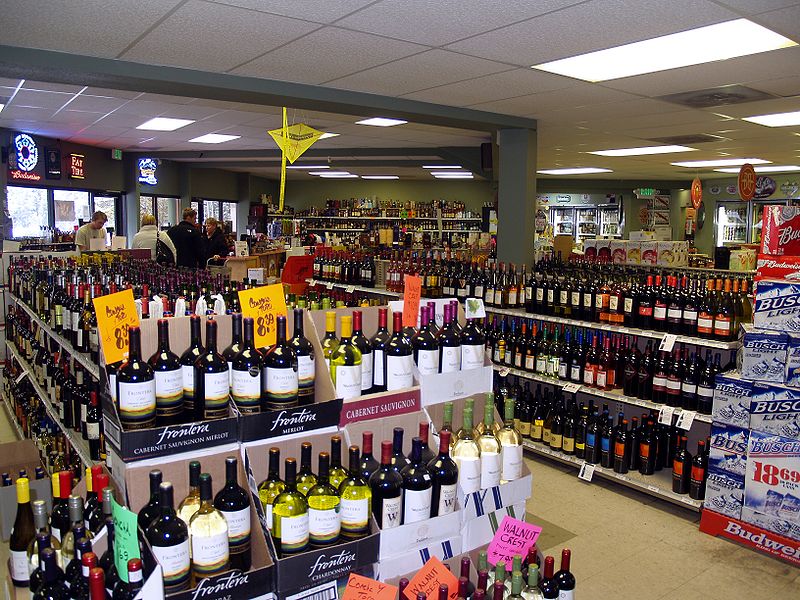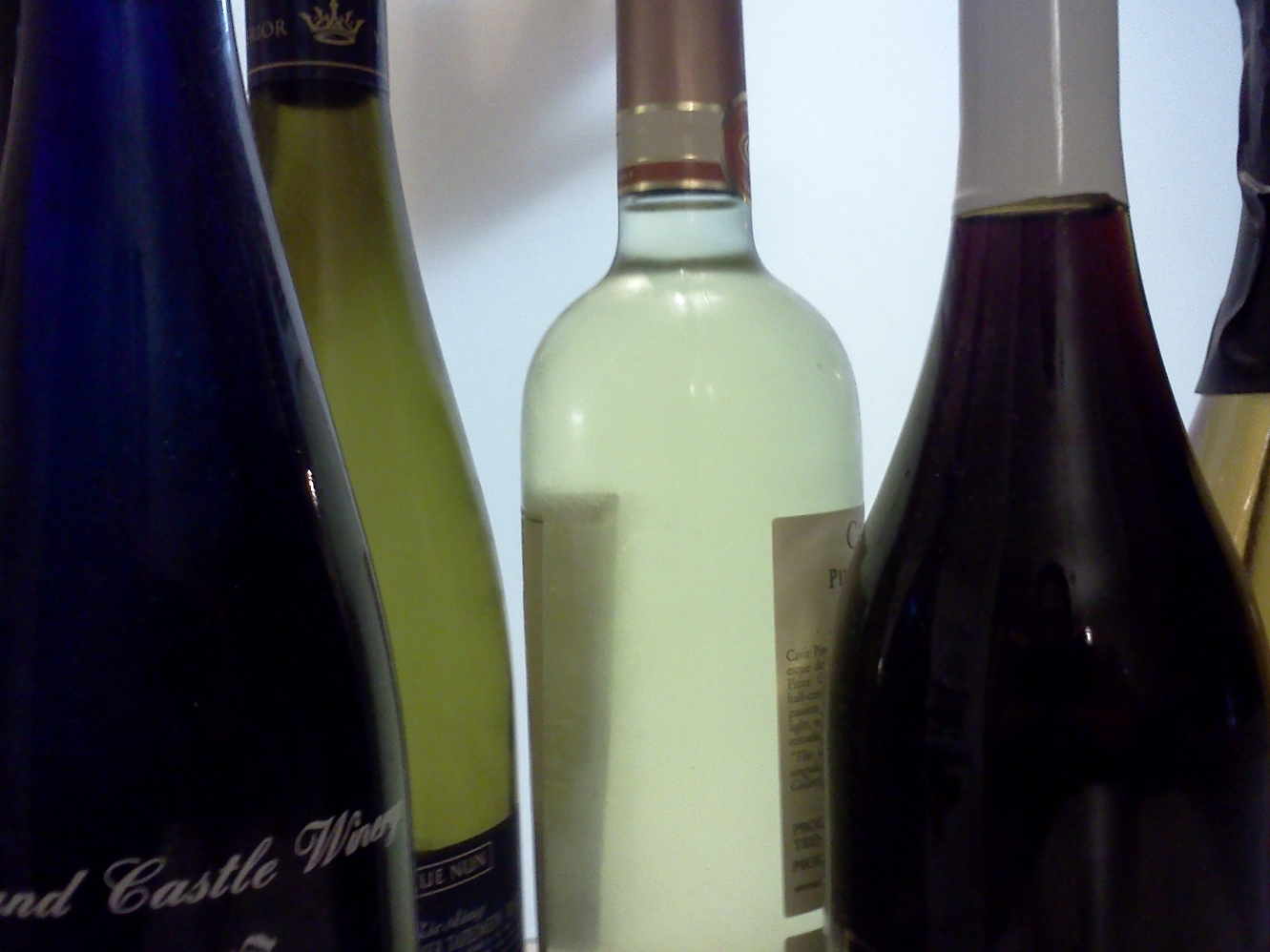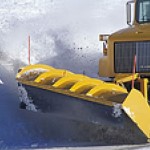PLCB Posts Record Sales for Fiscal 2010-11
State Wine and Spirits store sales neared the two billion mark for the fiscal year that ended June 30. Sales topped $1.9 billion for the first time, posting a 4 % increase over the previous year. Pennsylvania Liquor Control Board Chairman Patrick (P J) Stapleton III says those sales generated almost 500 million dollars in sales tax, liquor tax and profit transfers to the state’s General Fund, also a record number.
Stapleton says that’s remarkable considering we’re coming out of a severe recession. He adds they also chose not to raise prices for much of the year, in the best interest of consumers. He says consumers are still “buying down” a little, but the LCB is starting to see some signs that may be reversing. He says until they’re assured the trend is reversing, they’ll probably continue to keep pricing where it is.
Stapleton says the LCB has engaged in a consumer-focused business program, increasing customer service training for employees and changing the layout of stores. He adds they’ve been able to obtain pricing opportunities from their suppliers and partners.
Stapleton says they’re also seeing less “border bleed” ( people crossing the state line to buy liquor in a neighboring state) along the New Jersey border, because that state has changed the way it taxes wine and spirits. He says the same is happening in Maryland and he thinks there’s less “border bleed” into Delaware.
Stapleton says he’s proud of the fact that their 5,000 employees have done a fabulous job of being able to return a half a billion dollars to the Commonwealth. He says they’re able to do that while being responsible sellers of wine and spirits.
Critics, such as the Commonwealth Foundation, say more than 80% of the transfers to the General Fund are sales and liquor taxes that would go to the state even if the PLCB did not exist, and state coffers will never see the millions of dollars lost in “border bleed”.
Stapleton says the PLCB also transferred more than $20 million to State Police for liquor enforcement, while the Bureau of Alcohol Education awarded grants to combat underage and dangerous drinking.





